Say what you like about that Duke of Mantua, but he’s basically an OK sort of bloke. A bit of an arse, sure; the kind of TOWIE-adjacent, skinny jean-wearing reality star who’d commission photographic portraits of himself and recruit an entourage of hipsters and B-boy wannabes. But really, his worst crimes are against taste. His neon-lit crib might be hung with hideous religious art, but his parties are relatively free of the nudity, quaffing and non-consensual dry-humping that tends to characterise Act One of Verdi’s Rigoletto. In Femi Elufowoju Jr’s new staging for Opera North, the Duke lays on a hog roast for his posse but doesn’t forget to order pizza for his security staff. The Deliveroo courier got a big laugh as they pedalled in across the stage.
So yes, this is an updated Rigoletto(it’s rare to see anything else), and Rae Smith’s designs veer between squalid urban decay and the DayGlo bling of low-rent celebrity culture. But Elufowoju doesn’t leave it there. What if the Duke’s misbehaviour (if not that of his thuggish hangers-on) is merely emotional carelessness, born of affluence? (Gilda is still smitten by him, even at the end.) And what if Rigoletto is successful, privileged and actually sexier than the Duke? Eric Greene, in the title role, is seen being kitted out in a glittering tux before entering the Duke’s party like a star in his own right. His jests punch downwards, and his barely suppressed rage is the result of something broken within. Suddenly you’ve got a character with something like the Shakespearean complexity that Verdi perceived in Rigoletto’s source, Victor Hugo’s Le roi s’amuse.
Not everything in the concept joins up. This isn’t entirely believable as a world in which a character such as the Duke could have rivals executed, even if the (armed) police are in his pocket. But a week after seeing Daniele Abbado’s bloodless semi-abstract Nabucco at Covent Garden, there was something to relish in Elufowoju’s refusal to reduce characters to type, and the way he illuminates complexity with big, bold strokes of storytelling. The whole stage flashes red and Rigoletto flies into spasms as Monterone (Willard White, majestic and raw) pronounces his curse. There’s none of that business of men in suits miming murder in slow motion. Sparafucile’s knife is real, and we’ve seen it glint as he peels an orange. Callum Thorpe’s midnight-black voice and panther-like physicality made the assassin’s trade look simultaneously repulsive and alluring.
But then the whole cast is excellent, and each of the principals has a voice that adds layers to their characterisation. Roman Arndt, as the Duke, sounds underwhelming at first, but can turn it up until he really gleams: quite the charmer. Greene, as Rigoletto, is fascinating; there’s a yearning huskiness to his baritone which means that whether he’s hugging Gilda with a catch in his throat, or snarling at his tormentors, it’s all recognisably the product of the same anguished impulse. As Gilda, Jasmine Habersham is endlessly touching. Initially, she’s daddy’s princess in pink fluffy slippers, and the spun-sugar gleam in her voice at the top of ‘Caro nome’ hints at the frailty of her fantasies. By the end, as Sparafucile closes in and she frantically makes the sign of the cross, she’s practically burning her lines into the darkness.
Garry Walker conducted the whole thing in one single, restless sweep. The brass roars its curse, and Walker flexes and ebbs with his singers. Then he pings straight back on course; sleek and relentless. It hurtled by: the Leeds crowd was (as usual) slow to warm up, but by the end they were on their feet. This is Elufowoju’s operatic debut and it’s a strong one — clear enough for first-timers, complex enough for Verdi veterans, and grippingly performed. My hunch is that it’ll revive well, too, for at least as long as the design references remain current.
Across the Pennines in Liverpool, the RLPO’s new chief conductor Domingo Hindoyan directed an all-French programme. This is his first season and we’re just starting to get a flavour of his tastes and enthusiasms, though any conductor who champions Messiaen’s Les Offrandes Oubliées, Debussy’s Jeux and Roussel’s chilly ballet Bacchus et Ariane is clearly not out for easy wins. These were focused, intelligent performances and in the Debussy, in particular, Hindoyan moved with economy and command, applying gauzy washes of atmosphere and brilliant dabs of colour. The RLPO is one of the few UK orchestras that gets to rehearse, for the most part, in its own concert hall, and nothing about its ensemble sound ever feels forced. They’re a fascinating match for a musical intellect as keen as Hindoyan’s, and of all the recent conductor signings at UK orchestras, this is the one that intrigues me the most.
Got something to add? Join the discussion and comment below.
Get 10 issues for just $10
Subscribe to The Spectator Australia today for the next 10 magazine issues, plus full online access, for just $10.
You might disagree with half of it, but you’ll enjoy reading all of it. Try your first month for free, then just $2 a week for the remainder of your first year.

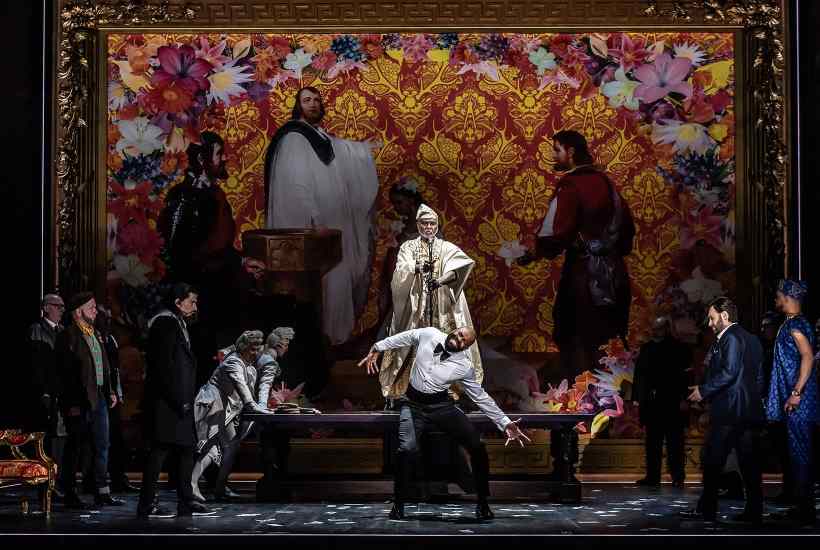
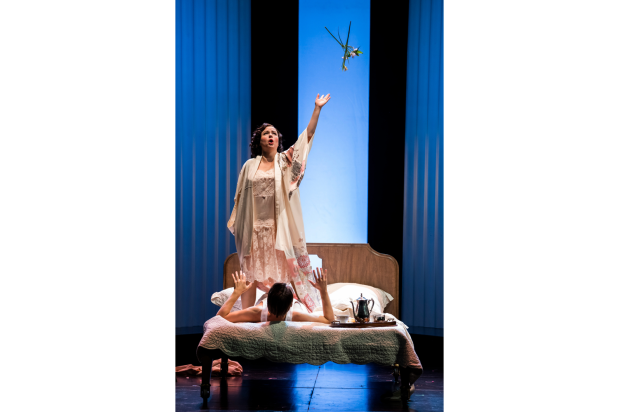
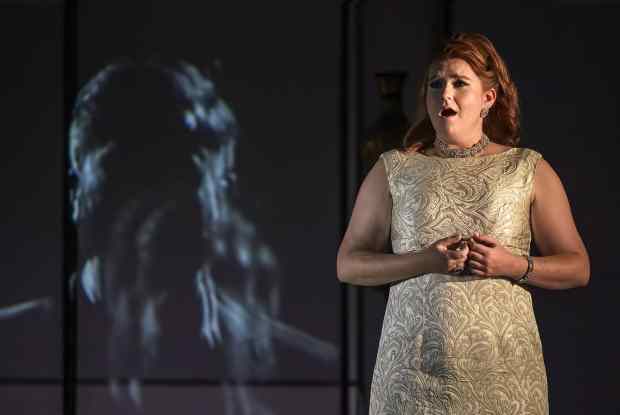
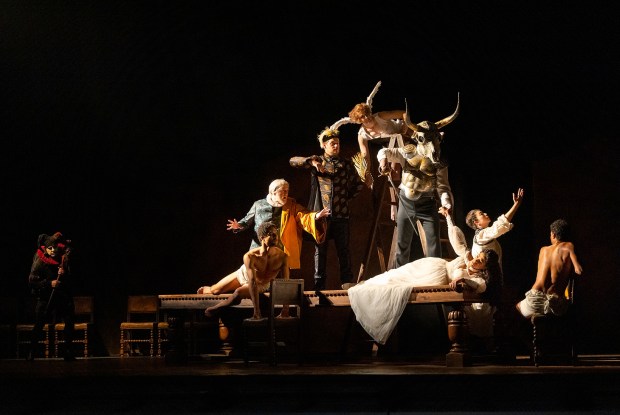
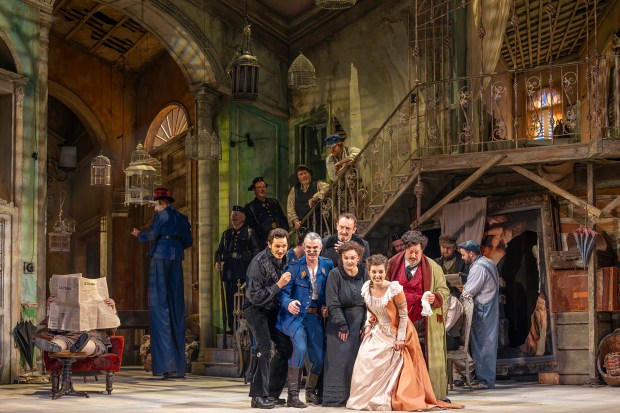
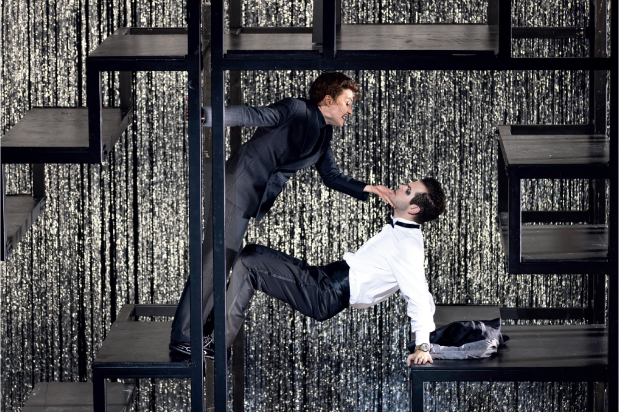
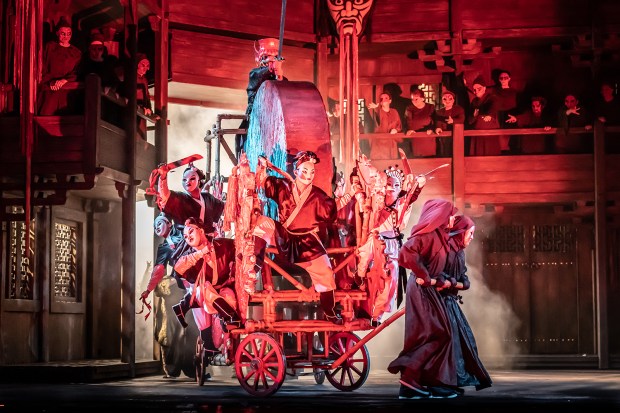






Comments
Don't miss out
Join the conversation with other Spectator Australia readers. Subscribe to leave a comment.
SUBSCRIBEAlready a subscriber? Log in